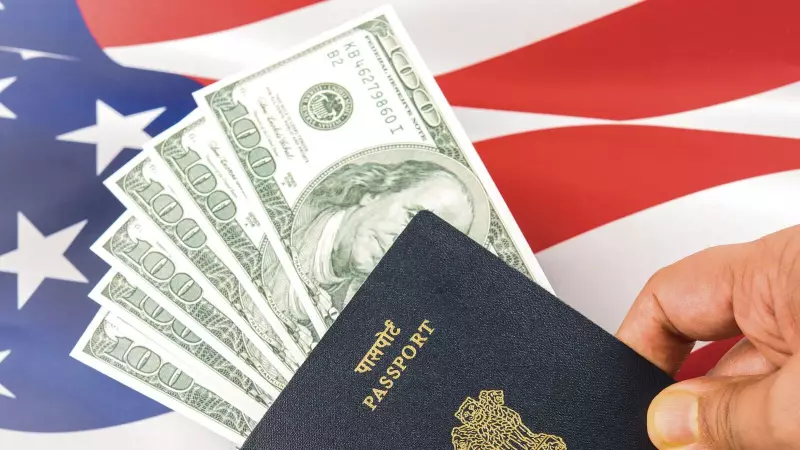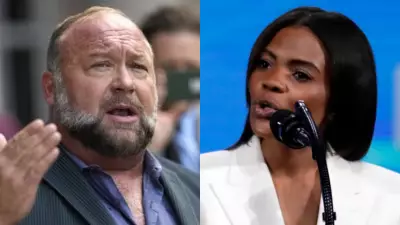
A dramatic political showdown is unfolding in Washington as former President Donald Trump's proposal to increase H-1B visa fees to a staggering $100,000 faces fierce bipartisan opposition. Both Republican and Democratic lawmakers are joining forces to fight what they call an "unprecedented burden" on America's small technology companies.
Bipartisan Rebellion Against Visa Fee Hike
In an unusual display of unity, politicians from across the political spectrum are raising serious concerns about the potential consequences of such a massive fee increase. The proposed $100,000 fee represents more than a 2,000% increase from current levels, a move that critics argue would effectively price small and medium-sized tech enterprises out of the global talent market.
Small Tech Companies Sound the Alarm
The heart of the opposition centers on protecting American innovation and competitiveness. Smaller technology firms, which form the backbone of the US tech ecosystem, rely heavily on H-1B visas to access specialized talent not always available domestically. Industry leaders warn that this fee hike could force many promising startups to either relocate overseas or scale back their growth ambitions dramatically.
Economic Implications for US Innovation
Experts suggest the proposed fee structure could have far-reaching consequences beyond immediate financial strain. The move threatens to undermine America's position as the global leader in technology innovation by restricting access to international talent that often brings cutting-edge skills and fresh perspectives to critical research and development projects.
Political Landscape and What's Next
The growing revolt signals significant challenges ahead for the proposed immigration policy changes. With both parties expressing reservations, the future of the $100,000 H-1B fee remains uncertain. The debate highlights the delicate balance between immigration reform and maintaining America's competitive edge in the global technology arena.





